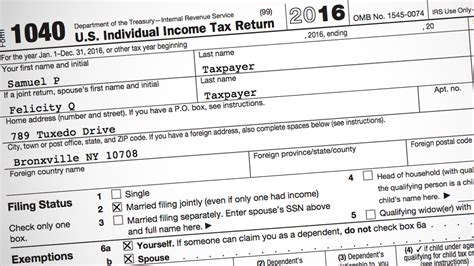Georgia Refund: Get Your Tax Refund Update Today

The Georgia refund is a significant topic of interest for taxpayers in the state, as it provides an opportunity for individuals and families to receive a portion of their tax payments back. The refund process can be complex, and understanding the eligibility criteria, application procedures, and timelines is crucial for those seeking to claim their refund. In this article, we will delve into the details of the Georgia refund, exploring the key aspects and providing insights into how taxpayers can navigate the system to receive their refund update today.
Understanding the Georgia Refund

The Georgia refund, also known as the Georgia state income tax refund, is a refund of excess taxes paid by individuals and businesses to the state. The refund is typically issued after the tax filing season, once the Georgia Department of Revenue (DOR) has processed all tax returns and verified the eligibility of taxpayers for a refund. The refund amount varies depending on the individual’s or business’s tax liability, income, and other factors.
Eligibility Criteria for the Georgia Refund
To be eligible for the Georgia refund, taxpayers must meet certain criteria, including filing a tax return, having a tax liability, and meeting the income requirements. The Adjusted Gross Income (AGI) is a critical factor in determining eligibility, as it affects the amount of tax owed and, subsequently, the refund amount. Taxpayers with a lower AGI may be eligible for a higher refund, while those with a higher AGI may not qualify or may receive a lower refund.
| Income Level | Refund Percentage |
|---|---|
| Low-income individuals (AGI ≤ $20,000) | Up to 10% of tax liability |
| Medium-income individuals (AGI between $20,001 and $50,000) | Up to 5% of tax liability |
| High-income individuals (AGI ≥ $50,001) | No refund or reduced refund percentage |

Applying for the Georgia Refund

To apply for the Georgia refund, taxpayers must file their tax return electronically or by mail, ensuring that all required documentation and information are included. The Georgia Form 500 is the primary tax return form, and taxpayers must complete it accurately to avoid delays or errors in processing their refund. Additionally, taxpayers can claim the refund by filing the Georgia Form 500EZ, which is a simplified version of the tax return form.
Refund Timelines and Processing
The Georgia DOR typically begins processing tax returns in late February or early March, with refunds issued within 8-10 weeks after the filing deadline. Taxpayers can expect to receive their refund via direct deposit or paper check, depending on their preferred method of payment. It is essential to note that the refund processing timeline may vary depending on the complexity of the tax return, the accuracy of the information provided, and the workload of the Georgia DOR.
- Electronic filing: 2-3 weeks for refund processing
- Paper filing: 6-8 weeks for refund processing
What is the Georgia refund, and how does it work?
+The Georgia refund is a refund of excess taxes paid by individuals and businesses to the state. It is issued after the tax filing season, once the Georgia DOR has processed all tax returns and verified the eligibility of taxpayers for a refund.
How can I check the status of my Georgia refund?
+Taxpayers can use the Georgia DOR’s online refund status tool to check the status of their refund and estimate the refund amount based on their income and tax liability.
What is the deadline for filing a tax return to receive the Georgia refund?
+The deadline for filing a tax return to receive the Georgia refund is typically April 15th, but taxpayers can file for an extension to October 15th if needed.


